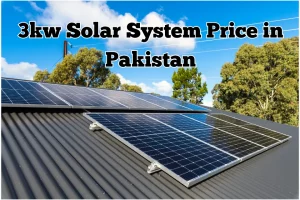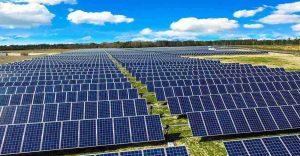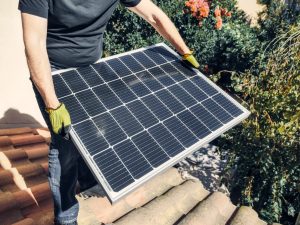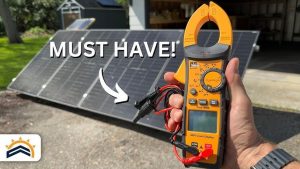Solar Inverters The Bridge Between Sunlight and Electricity
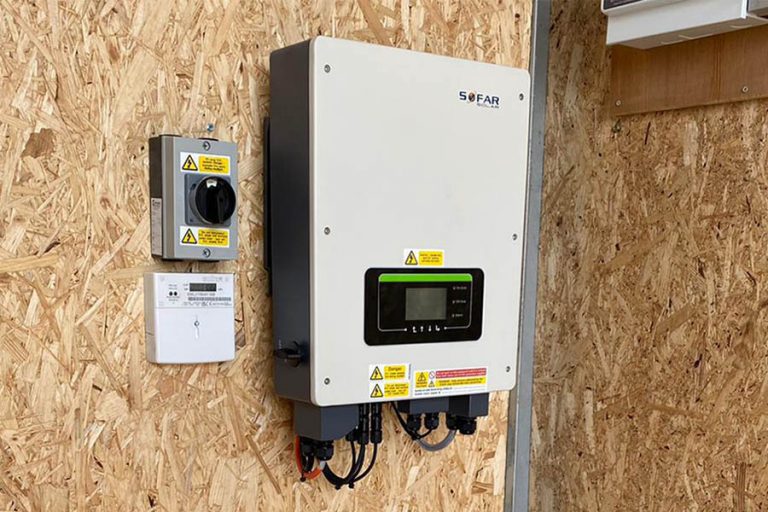
Solar Inverters The Bridge Between Sunlight and Electricity
A solar inverter is a crucial component of a solar power system. It converts the direct current (DC) electricity generated by solar panels into alternating current (AC) electricity, which can be used to power homes, businesses, and the electrical grid.
How Solar Inverters Work
- DC Power Generation: Solar panels absorb sunlight and convert it into DC electricity.
- DC to AC Conversion: The solar inverter converts the DC electricity into AC electricity, which is the standard form of electricity used in most homes and businesses.
- Grid Integration: The inverter can be connected to the electrical grid, allowing excess energy to be sold back to the utility company.
Types of Solar Inverters
- String Inverters:
- These inverters connect multiple solar panels in series, simplifying installation and reducing costs.
- However, if one panel is shaded or damaged, it can affect the performance of the entire string.
- Microinverters:
- Each solar panel has its own microinverter, allowing for optimal performance, even if some panels are shaded or damaged.
- While more expensive, microinverters offer greater flexibility and efficiency.
- Power Optimizers:
- These devices are installed on each solar panel and optimize its performance, similar to microinverters.
- They offer a balance between cost and performance.
Key Factors to Consider When Choosing a Solar Inverter
- Efficiency: A higher efficiency inverter will maximize the amount of energy generated from your solar panels.
- Power Output: The inverter’s power output should match the total power output of your solar panel system.
- Reliability: A reliable inverter ensures consistent performance and a longer lifespan.
- Warranty: A good warranty can protect your investment.
- Monitoring Capabilities: Some inverters offer monitoring features that allow you to track your solar energy production and system performance.
Benefits of Solar Inverters
- Clean and Renewable Energy: Solar inverters enable the utilization of clean and renewable solar energy.
- Reduced Electricity Bills: By converting solar energy into usable electricity, solar inverters can significantly reduce your electricity costs.
- Energy Independence: Solar inverters empower individuals and communities to become more energy independent.
The Future of Solar Inverters
As solar technology continues to advance, we can expect to see further innovations in solar inverter design and functionality. More efficient, reliable, and affordable solar inverters will play a crucial role in the transition to a sustainable energy future.
By understanding the role of solar inverters and selecting the right one for your needs, you can harness the power of the sun and contribute to a cleaner and greener planet.
